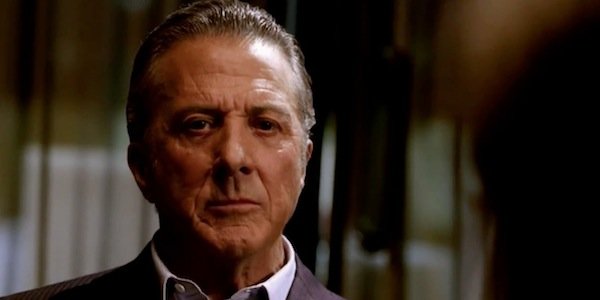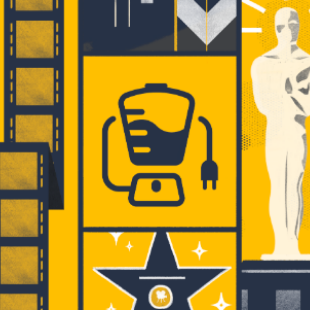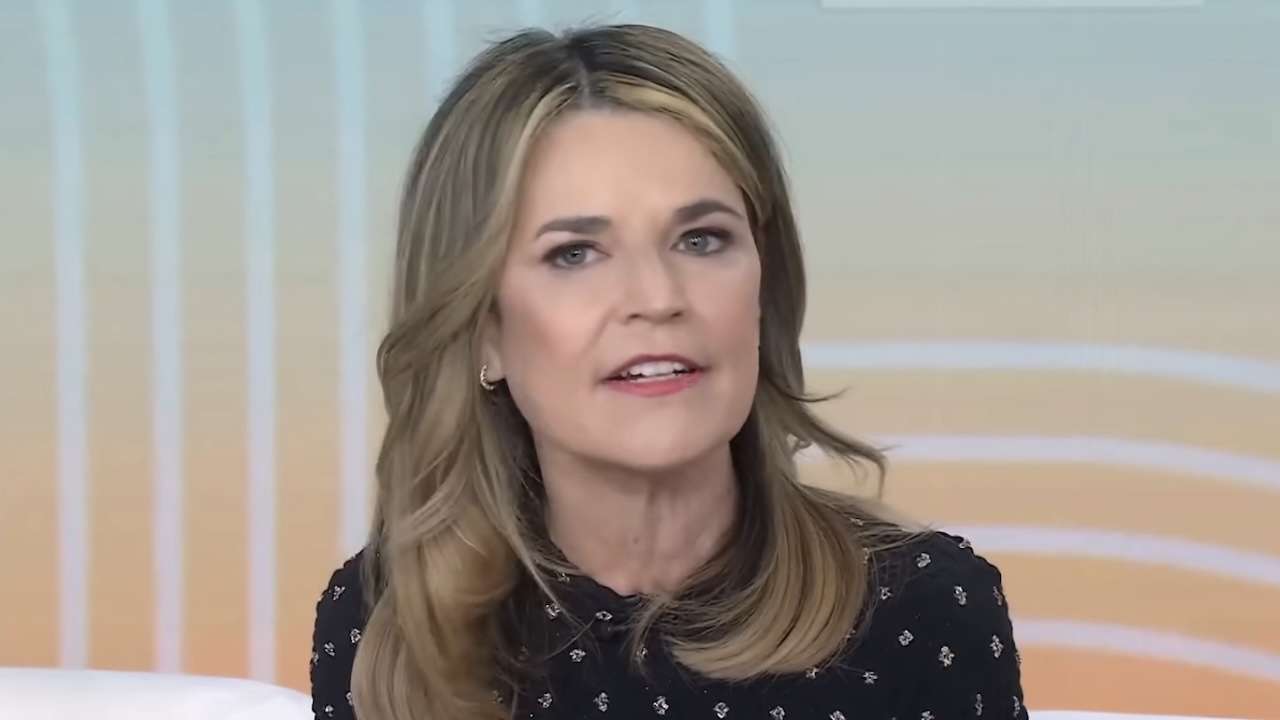Why Dustin Hoffman Thinks Movies Are Getting Worse

Your Daily Blend of Entertainment News
You are now subscribed
Your newsletter sign-up was successful
Academy Award-winning actor Dustin Hoffman may be 77-years-old, but that doesn’t mean he’s slowing down, or that he doesn’t have opinions on the current state of cinema. Always busy, the Tootsie star recently shared his view on the movie landscape, and it is blunt and none too rosy.
Sitting down to talk to The Independent, the elder statesman of the industry assessed his chosen field, comparing the world of movies and television. In his view, one is clearly doing better work than the other. He said:
I think right now television is the best that it’s ever been and I think that it’s the worst that film has ever been – in the 50 years that I’ve been doing it, it’s the worst. … It’s hard to believe you can do good work for the little amount of money these days. We did The Graduate and that film still sustains, it had a wonderful script that they spent three years on, and an exceptional director with an exceptional cast and crew, but it was a small movie, four walls and actors, that is all, and yet it was 100 days of shooting.
From his words, a big reason for this seems to be the studio’s unwillingness to make, and pay for, smaller movies. And he has a point about movies like The Graduate. A bonafide classic, it wouldn’t have been made today, at least not in the same way. There’s no way a studio or financial backer would give a film like that the resources to shoot for 100 days.
Nowadays this same story would be a low-budget indie shot on the cheap that would likely make the festival rounds and maybe, if it was lucky, land a limited theatrical run from a boutique distributor. There’s not a huge market right now for that sort of mid-tier, aimed-at-adults kind of movies. The mentality, especially at the studios, is that blockbusters and potential franchises come first, second, and third, and everything else is an afterthought that maybe slips through.
This has led a number of filmmakers to seek refuge in television, the once maligned younger sibling of film, where they’re increasingly finding more and more freedom to tell the stories they want, the way they want, with less interference. Steven Soderbergh and Cary Fukunaga directed entire seasons of The Knick and True Detective, respectively, David Fincher helmed and produced episodes of House of Cards and is working on Utopia for HBO, and Guillermo del Toro created The Strain. And that’s just a few of the at least part time defectors.
TV, especially with the advent of streaming, the ability to binge watch an entire season in a short span, and more creative freedom attracting big name talent—including directors, writers, and stars—is experiencing a golden age of sorts. Sometimes, especially during the summer months, it feels like the only movies out there in theaters are sequels, reboots, adaptations, or a piece of some ubiquitous shared universe.(Inside Out is a welcome exception.)
It’s easy to see why someone who loves cinema, like Hoffman, might look around and not like what he sees. But the nature of the business is ever changing, and people are always bemoaning how things used to be better. This, too, will pass, and before long the landscape will have shifted again to something we haven’t even imagined yet.
Your Daily Blend of Entertainment News

